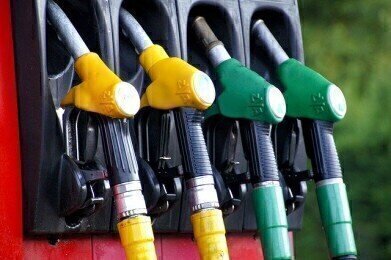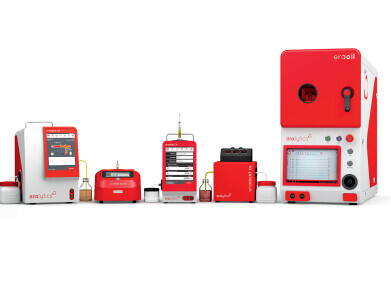Analytical Instrumentation
When Will E10 Become the Standard Fuel?
May 02 2020
In the latest bid to cut carbon emissions, the British government has announced plans to standardise E10 petrol at forecourts across the country. With bioethanol content of 10%, E10 is a greener alternative to regular fuel. Running cars on E10 is shown to significantly improve engine efficiency and reduce emissions by burning fuel more completely. Not only does this reduce harmful emissions, it also enhances engine performance and keeps the fuel system cleaner. The announcement builds on recent plans announced by British PM Boris Johnson to phase out sales of all new petrol, diesel and hybrid vehicles by 2035.
UK sets sights on 750,000 tonne CO2 reduction
Currently, standard E5 petrol sold in the UK contains up to 5% bioethanol. According to the Department for Transport (DfT), the change could slash British carbon emissions by up to 750,000 tonnes a year. This equates to taking around 350,000 cars off British roads. The new E10 regulations will come into play in 2021, with fellow European countries such as France, Germany, Belgium and Finland already using E10.
"The next 15 years will be absolutely crucial for slashing emissions from our roads as we all start to feel the benefits of the transition to a zero emission future," says DfT secretary Grant Shapps. "But before electric cars become the norm, we want to take advantage of reduced CO2 emissions today. This small switch to petrol containing bioethanol will help drivers across the country reduce the environmental impact of every journey."
RAC warns of increased costs for noncompatible vehicles
While most British vehicles are compatible with E10, around 700,000 cars cannot run on the fuel. This represents around 3% of all cars on British roads, usually older models. While drivers of noncompatible cars will still be able to purchase higher octane "super" grade E5, the RAC Foundation warns costs could increase for motorists.
Steve Gooding, RAC Foundation Director says many of the noncompatible vehicles will be "older, everyday run-arounds owned by those on lower incomes." He also predicts E10 will likely cost more than regular E5, which will force budget-conscious motorists to pay more to fill up the tank.
From revising fuel standards to developing eco-friendly energy solutions, science will play an integral role in reducing carbon emissions and slowing climate change. Artificial photosynthesis may plant the seeds for a more sustainable future' offers a closer look at the latest ground-breaking technology designed to harness solar power and leverage it as a potentially limitless photosynthetic fuel source.
Digital Edition
PIN 25.1 Feb/March
March 2024
In This Edition Safety - The technology behind the ION Science Tiger XT - Safety with ammonia and LOHCs as hydrogen carriers Analytical Instrumentation - Discussion on new tribology te...
View all digital editions
Events
Apr 28 2024 Montreal, Quebec, Canada
Apr 30 2024 Birmingham, UK
May 03 2024 Seoul, South Korea
May 05 2024 Seville, Spain
May 06 2024 Riyadh, Saudi Arabia


















